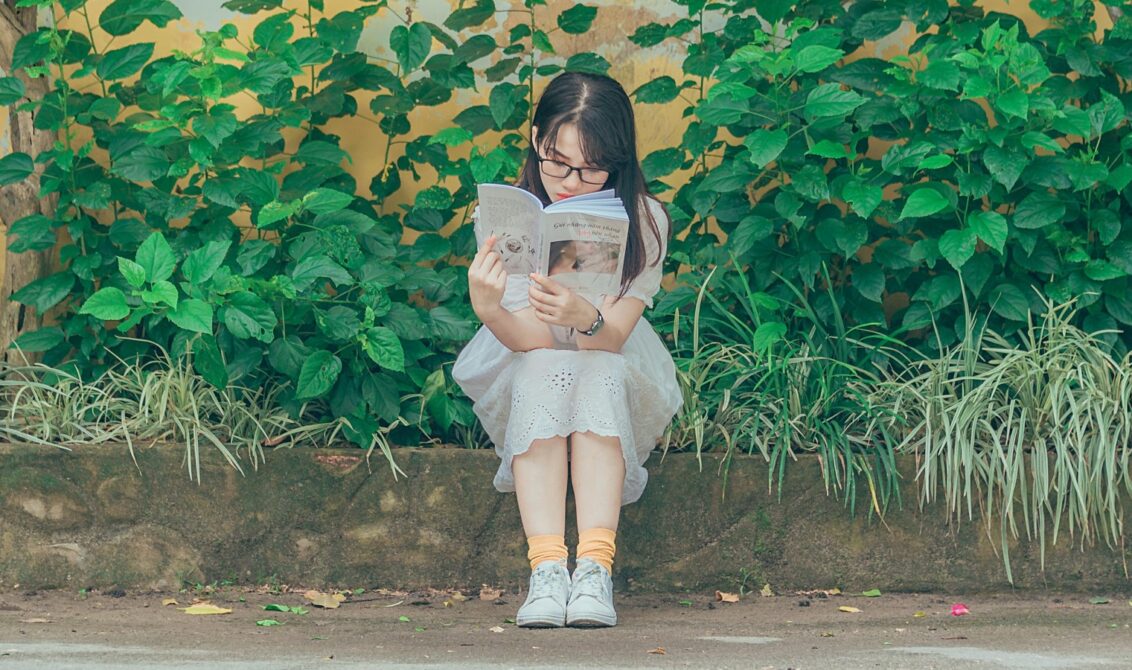
After global school shutdowns, learning loss has become a significant problem for students everywhere. According to the majority of teachers in a McKinsey survey on lost learning, school closures have led to students being up to six months behind where they would usually be in terms of learning.
A variety of solutions to this learning loss have been proposed, from cancelling the summer holidays of 2021, to making the school day longer.
But you can help your students now, with five projects which will boost their cognitive skills and reinforce their academic knowledge during the summer holidays.
Adapt these projects to different ages and stages so your students have an enriching and stimulating summer.
1. Send your students on a summer maths adventure
Learning loss has always been around. Over the summer holidays, some studies have found that over the summer holidays, students can lose up to 25% of their maths knowledge gained in the previous academic year.
You can pre-empt this learning loss over the summer holidays by sending your students on the Maths Factor Summer Adventure! This free resource was developed by maths whizz and TV personality Carol Vorderman, and is adapted for all ages from 4 to 11. It’s a six week course with easy-to-follow video lessons and lots of practice. Students’ maths abilities are assessed when they sign up to make sure the material is suitable for their confidence level.
2. Encourage some summer science projects
Science projects can keep your students reading, writing, counting and researching over the summer months. And, depending on the project, it can encourage them to get outside too. Non-profit organisation Start With a Book has a variety of science projects on its website:
Bird Buddies is a STEAM adventure to encourage children to observe, learn and explore the birds in their surroundings.
Space Rangers is all about stars, the solar system and space exploration – a great choice for any budding astronauts.
River Rangers is a project about water and rivers, covering the water cycle, the river habitat and how rivers are formed.
All the projects take five days to complete, but students can do them in their own time and at their own pace. The projects are designed for primary-aged children, but you could adapt them to older learners too.
Access the Summer Science projects.
3. Set a summer reading challenge
Reading fiction has numerous benefits, from stress reduction to increased levels of empathy. So setting your students a summer reading challenge won’t just address the summer reading gap – it will help them in lots of different ways.
It’s a good idea to give your students the choice of some pre-selected texts. Speak to your school librarian, and make sure that the books you are suggesting are the right level. They shouldn’t be so challenging that your students will give up, but just challenging enough to stretch their reading skills. One study found that summer reading didn’t make much difference when children selected their own books, as they consistently chose easy books.
Bug Club is Pearson’s core reading program, with lots of resources for a summer reading challenge. You can reward your students with these fun Bug Club stickers for good readers. And, there are Bug Club certificates for completing the reading challenge once everyone returns to school after the holidays.
4. Encourage your students to explore their artistic side
Your students need to develop 21st century skills alongside numeracy and literacy. Creativity, curiosity, imagination and innovation are all important qualities for your students to develop – and an art project is a good way to build this skillset.
Challenge your students to create a piece of visual art over the summer. It could be a painting, a collage, a comic strip – and students don’t have to limit themselves to paper and paint. They could take a photograph, or create a stop motion animation with a cellphone. They could make a clay sculpture, or an origami animal. The possibilities are endless!
Give your students a list of suggestions and ask them to choose one or two mediums of expression. Then, once everyone is back at school, organise an exhibition for students to display their favourite piece that they created over the summer.
5. Suggest a summer journal
For older students, a summer journal can be a great way to encourage their creative writing over summer. Keeping a journal will improve students’ writing skills, from the basics – spelling and punctuation – to more complex facets of their writing abilities, like sentence structure, word choice and text organisation. But not every student will want to keep a diary of their daily life, so here are some more ideas to get them inspired:
A nature journal, where students keep a note of the animals, birds and insects that they’ve observed over the summer holidays, along with any interesting facts that they’ve learned.
A dream journal, where students describe their dreams. This one is good for artistic students who enjoy creative writing.
A gratitude journal is somewhere for students to share positive reflections on their summer experiences. It will boost their writing skills and make them feel happy, too!
Learn more
Find out how you can identify and address gaps in students’ learning, and read about the debate around the role of assessment and qualifications in our education system. How are you addressing the impact of the pandemic on your students’ learning? Do you have any strategies for tackling their lost learning – or any good recommendations for summer projects?
Sign up to receive our blog updates
Like what you read and want to receive more articles like this direct to your inbox? Subscribe to our blog and we’ll send you a fortnightly digest of the blog posts you may have missed, plus links to free resources to support your teaching and learning.

